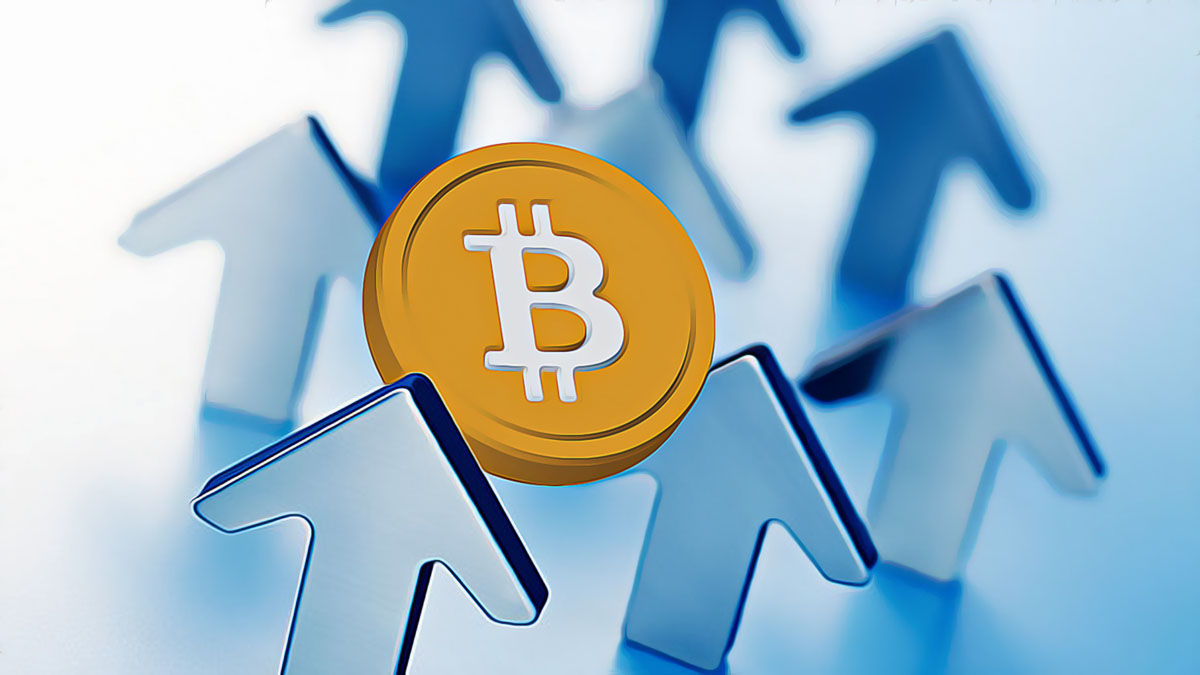BlackRock Considers Tokenizing ETFs for Better Access

Sep-12-2025 05:17:28 AM
In a move that could reshape the way investors access financial markets, BlackRock is exploring the potential of tokenizing exchange-traded funds (ETFs) using blockchain technology. This strategy has the potential to allow BlackRock’s ETFs to trade around the clock, breaking away from traditional market hours. Such a shift may also increase the use of ETFs as collateral in decentralized finance platforms, offering new opportunities for both retail and institutional investors. Recent activity in the financial sector indicates a growing interest in tokenization as a way to address longstanding inefficiencies.
What’s Driving the Tokenization Trend?
Tokenization involves converting real-world assets, like real estate or private equity, into digital tokens that can be traded more easily. This approach reduces transaction costs and shortens settlement times. BlackRock has experience in this area, operating BUIDL, the world’s largest tokenized money market fund across multiple blockchains. This experience gives BlackRock a strategic advantage as it considers expanding into the ETF space.
Will ETFs Trade Non-Stop Soon?
Tokenized ETFs could potentially trade 24/7, which would mark a significant shift from traditional market structures. This flexibility would attract more investors by accommodating different time zones and schedules. However, the lack of a regulatory framework presents a hurdle. There are still questions about how these tokenized funds would be governed and how they would comply with existing financial regulations.
BlackRock stated, “We’re evaluating whether tokenizing our ETFs would enhance accessibility and utility for investors.”
Additionally, entry barriers to investment markets could be lowered by tokenization, opening doors for a broader range of participants. This could democratize investing to some extent, allowing smaller investors to enjoy benefits previously available mainly to institutions.
According to BlackRock, “Tokenizations remove long-standing barriers, potentially revolutionizing how assets are owned and traded.”
With a market cap of over US $7.4 billion, tokenized funds have proven their viability, and more financial institutions are exploring this route. Companies are testing various asset classes, including bonds and private credits, to determine the full potential of tokenization.
In taking these steps, BlackRock acknowledges both the opportunities and challenges inherent in broadening the reach of its ETF products. While the potential for 24/7 trading and lowered barriers is enticing, the regulatory landscape remains uncertain. Aligning with these emerging trends, financial markets may be seeing the next phase of digital asset integration. The conversation around tokenization underscores a growing shift in how traditional financial products are being reinvented for a digital age.






